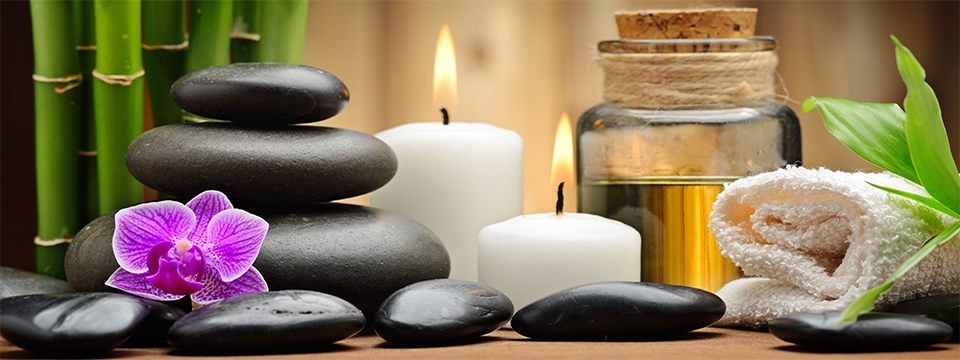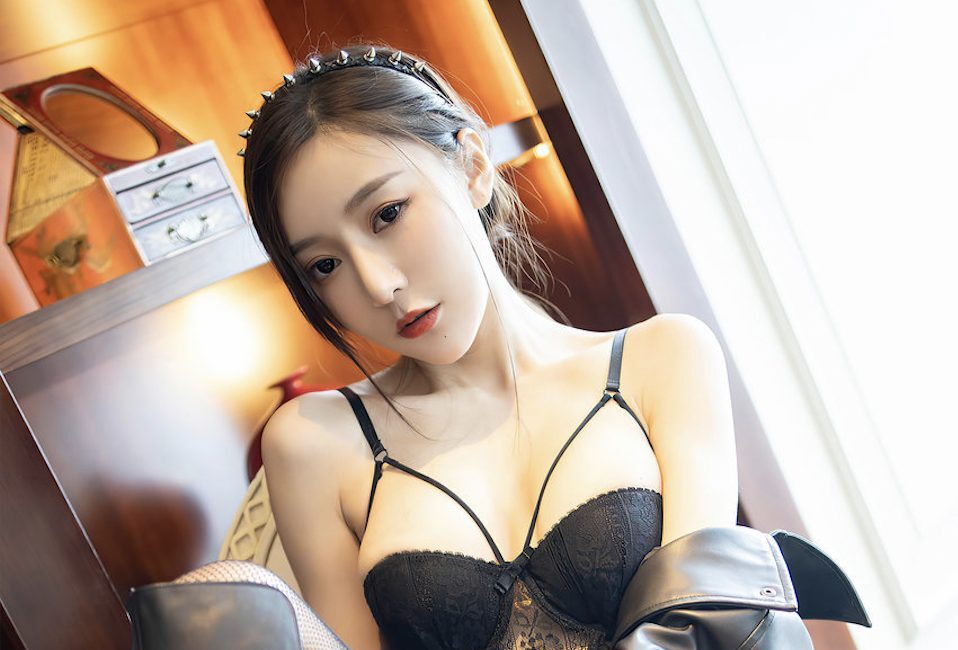
Asian Massage Las Vegas
Asian Las Vegas Massage has been a central part of Chinese medicine for thousands of years, unlike Deep Tissue or Sports Massage, which focus on releasing tight muscular knots by targeting blood flow to the area, Chinese Massage techniques also aim to promote overall health by easing the flow of energy, or “qi”, around the body.
What is Qi?
Qi (or ch’i) literally translates as “breath” or “air”, and is used to refer to the “life force” or “energy flow” that is within every living thing. It is a holistic philosophy that permeates many elements of Chinese culture, from martial arts to calligraphy. Even if you don’t directly subscribe to Eastern philosophies, you might understand this principle as the desire to find a sense of calmness and balance in your daily life.
Traditional Chinese medicine asserts that the body has its own natural patterns of qi that flow through channels, called meridians. Imbalances and blockages in these channels, as well as deficiencies of qi in key organs, are understood to cause the symptoms of many illnesses. Imbalances can be gently corrected through a variety of techniques, including nutrition, exercise, acupuncture and massage.
Chinese Massage techniques
There are two main types of Chinese / Oriental massage.
- Tui Na (pronounced “twee na”) has some similarities to a Deep Tissue Massage, and uses kneading, chopping and stretching motions to relieve sore points and blockages in the body’s muscular system.
- Zhi Ya (pronouced “zee yah”) practitioners pinching and pressing techniques on the surface of the skin, as in Acupressure, and Qigong.
In both types of traditional Asian style massage, the practitioner’s aim is to release both physical and energetic tension, in order to restore a sense of balance and kickstart the body’s own healing process.
What are the potential benefits of Chinese Massage?
Asian massage in Las Vegas, Chinese massage is an alternative therapy that is used widely around the globe. There are many benefits to incorporate Chinese massage into your life.
- Can increase energy
Whether you need to speed up (“yang” energy) or slow down (“yin” energy), a Chinese massage practitioner will be able to determine which vigorous or relaxing techniques to apply to help you find inner peace. Chinese massage may also help you to improve your sleep quality, leaving you ready to face a new day with renewed enthusiasm.
- Speed up recovery of soft tissue injuries
If you’re experiencing pain or stiffness relating to lower back pain, frozen shoulder or sciatica, massaging soft tissue increases blood flow, which may result in relief of stiffness and pain reduction.
- Boost your circulation
The main meridians in the body also run alongside the cardiovascular system, meaning that qi has physiological ties to healthy circulation. Hand techniques, including perpendicular pressure and a rolling fist, stimulate and re-energise blood flow.
- Break down scar tissue
For people with stiff joints and reduced mobility due to past injuries, massage therapy can assist in increasing your range of motion and easing soreness.
- Support emotional health
Underpinned by its philosophy of balance, the healing touch massage may be a particularly supportive and refreshing therapy for those feeling low or overwhelmed. On a physical level, muscular release can reduce stress and aid sleep, while energetic blockages can contain emotional tension in the body which may contribute to anxiety and depression.
Who would Chinese Massage be good for?
Chinese massage techniques are used in a wide range of treatments, including Reflexology and Energising massages. As this kind of massage can be used in so many different ways, it is important to ensure that you’re receiving the right treatment for your personal goals, so always discuss your needs with your therapist in advice.
Although Chinese massage may involve pressure or pinching when releasing blockages, it should never be so intense that it becomes painful. You should leave your treatment feeling refreshed and revitalised, and may find the benefits are cumulative over several appointments.





